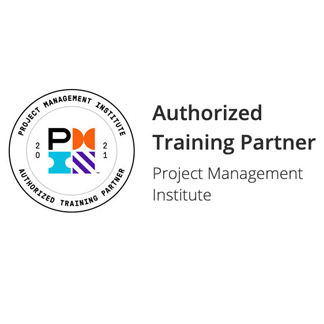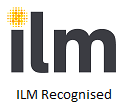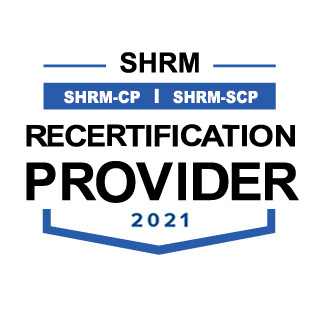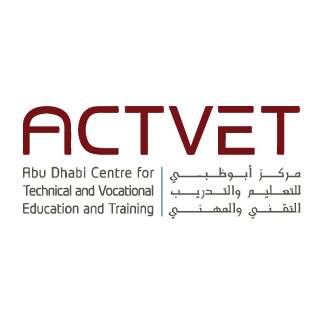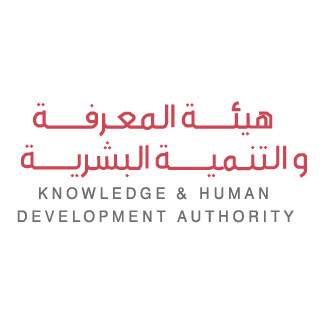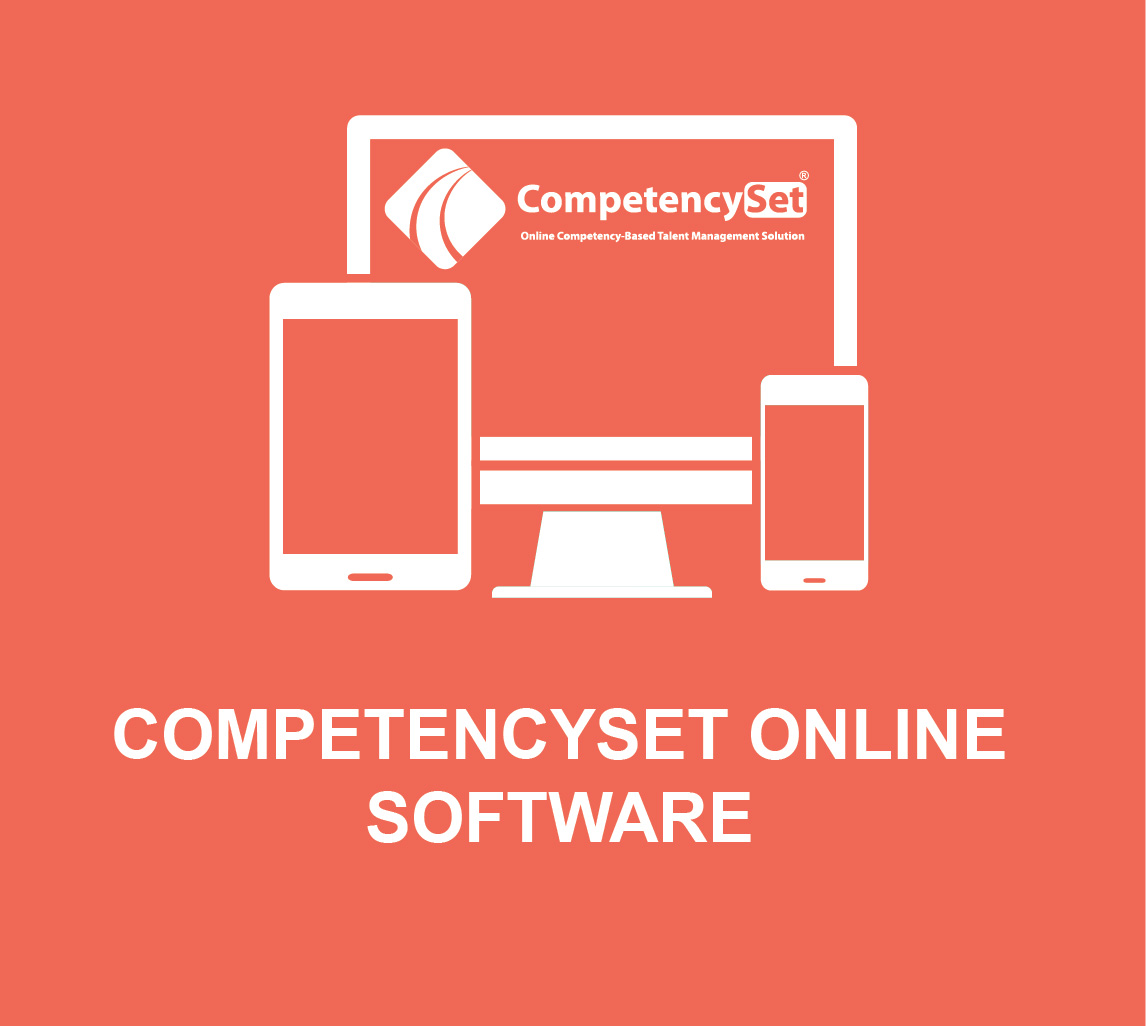Certificate in Real Estate Finance for Investment and Development (REFID)
| Start Date | End Date | Venue | Fees (US $) | ||
|---|---|---|---|---|---|
| Certificate in Real Estate Finance for Investment and Development (REFID) | 19 Oct 2025 | 23 Oct 2025 | Dubai, UAE | $ 3,900 | Register |

Certificate in Real Estate Finance for Investment and Development (REFID)
| Start Date | End Date | Venue | Fees (US $) | |
|---|---|---|---|---|
| Certificate in Real Estate Finance for Investment and Development (REFID) | 19 Oct 2025 | 23 Oct 2025 | Dubai, UAE | $ 3,900 |
Introduction
In all countries, real estate accounts for a vast proportion of non-petroleum economic activity and constitutes approximately one-third of all capital assets. It is a business opportunity you cannot ignore. Our line of real estate investing courses can help you take advantage of this industry. An understanding of how real estate properties are conceptualized, designed, built, managed, and marketed is essential to making intelligent decisions to finance, manage, sell, or buy real estate assets. And in the Gulf region, the thriving property market provides considerable opportunities for real estate development and investment – but only for those who are well-informed and make smart business decisions. This real estate development course can help you achieve these and more. Our property management training course will address all the actual elements of real estate development, from research and planning through to development and marketing. It contains numerous case studies from the Gulf and worldwide to focus on the entire key issues real estate stakeholders need to know.
Objectives
- Achieve a thorough understanding of the entire real estate development and investment processes, as well as the roles of project stakeholders
- Appreciate the scope of marketing and sales for real estate development and investment
- Gain extensive knowledge of the commercial and legal issues and opportunities for the property industry
- Develop the ability to identify and negotiate important aspects of real estate contracts
- Learn how to assess the full range of risks in any real estate proposition for successful portfolio management
Benefits of Attending this course:-
Training Methodology
This is an interactive course. There will be open question and answer sessions, regular group exercises and activities, videos, case studies, and presentations on best practices. Participants will have the opportunity to share with the facilitator and other participants on what works well and not so well for them, as well as work on issues from their own organizations. The online course is conducted online using MS-Teams/ClickMeeting.
Who Should Attend?
This real estate management course is designed for all property professionals who participate in the development process and those who finance, manage, buy or sell real estate, including:
- Architects
- Urban Planners
- Real Estate Managers
- Real Estate Analysts and Investors
- Real Estate Planners and Developers
- Property Owners and Managers
- Government Officials and Regulators
- Lawyers
- Accountants
- Valuers
- Mortgage Brokers, Bankers, and Lenders
- Investment Bankers/Managers, Venture Capitalists, and Private Equity Specialists
- Finance Managers and Analysts
Course Outline
Real Estate: Development and Investment
- Development, Investment and Why Real Estate Matters
- What real estate is and its significance worldwide and in the Gulf
- Definitions and differences: types of real estate, development, and investment
- Global position by sector and activity
- Real estate development, investment and management within the larger global economy Management and HR
- Key stakeholders within the property industry
The Stages of the Development and Investment Process
- Introduction to the real estate development process
- The raw materials: land and demographics
- History of real estate development
- The role of market research and forecasting
- Flow diagrams of real estate development
Real Estate Investment
- Why invest?
- Major international investors: their objectives, needs, and strategies
Developers
- Types of developers – public and private
- Size and financial credibility of developers by project
- Developers and their partners
- The role of the public sector and its influence on developer strategy
- Success criteria for developers
Working with Consultants
- The theory and practice of outsourcing
- Establishing the role of consultants in different organizations
- Establishing clarity in consultant assignments
- Consultant selection
- Costing consultancy
- Legal aspects of consultancy
The Land Bank
- Land zoning and the decision for development – examples from the region
- Land prices and the cost of holding land
- Opportunity costs
- Land ownership obligations
- Enhancing land – services and base construction
- Subdividing and selling off
Case Study: How large should the land bank be? A comparison of best practice and achieved returns
Development Simulations for Real Estate Investment and Development
- Role of modeling Net
- Operating Income (NOI) and its components
- Estimating operating expenses
- Comparing sales methods (mortgage vs. installment sales)
- Risk modeling, certainty-equivalents, and available software
- Achieved pricing and time value of money
- Implications of funding strategies
- Interlocking projects Sale exchanges
- Portfolio management
- Property lifecycles and value
Project Feasibility
- Technical feasibility
- Financial and commercial viability
- Role of competitors
- Integration with other projects and capital rationing
- Differences between investment and development feasibility studies
- Why use a Special Purpose Vehicle (SPV)? Leverage, tax, and greenwashing
Legal and Construction Issues
- Legal principles, structure, court, and devolution
- Legal issues for property professionals
- Law of contract
- Law of a tort, nuisance, and negligence
- Land law, property rights and obligations
- Title and boundaries
The Contract and Negotiation Process
- Participating parties
- Legal aspects of real estate development
- Types of contracts Contract negotiation
- The role of lawyers
- Signature and action on contracts
Design, Architecture, and Building
- Critical issues of architecture
- Role of environmental analysis
- Health and safety analysis
- Tenant modifications and costs
- Infrastructural issues
The Regulatory Process
- The role of government and local government
- Development permits
- Regulation: what do developers need to know and do?
Construction Management and Budgeting
- Key phases of construction
- Costs and risks of construction
- Rolling, incremental, flexible, and zero-based budget methodologies
- Budget coordination: creating the master budget Limiting factors
Tenant Issues
- Housing and tenant management
- Islamic property legal issues
- Security deposits and other negotiation issues
Property and Facilities Management
- Introduction to property management
- History of the profession – key property management companies
Advanced Operations and Facilities Management
- Principles of maintenance/construction
- Planning and monitoring
- Working with contractors and consultants
- Purchase and inventory supplies
- Risk management
- Property inspection
- Work order, maintenance requests, and logs, task lists
- Plumbing and electrical repairs, and mechanical services
- Dos and don’ts of maintenance
- Typical maintenance problems/solutions
- Occupant support services; premises support services; resource decision making
Marketing and Sales Strategies
- Marketing theory and practice
- Key marketing objectives
- The role of advertising
- Costing marketing and cost-effective marketing
- How to sell real estate – examples of success and failure
- The role of branding in real estate development
- Differences between sectors
Identifying and Managing Risk
- Risk typology: insurable, derivative-manageable, and bearable risks
- Insurance packages and issues with insurance
- Derivatives and their use
- Assessing and managing risks in development and investment



